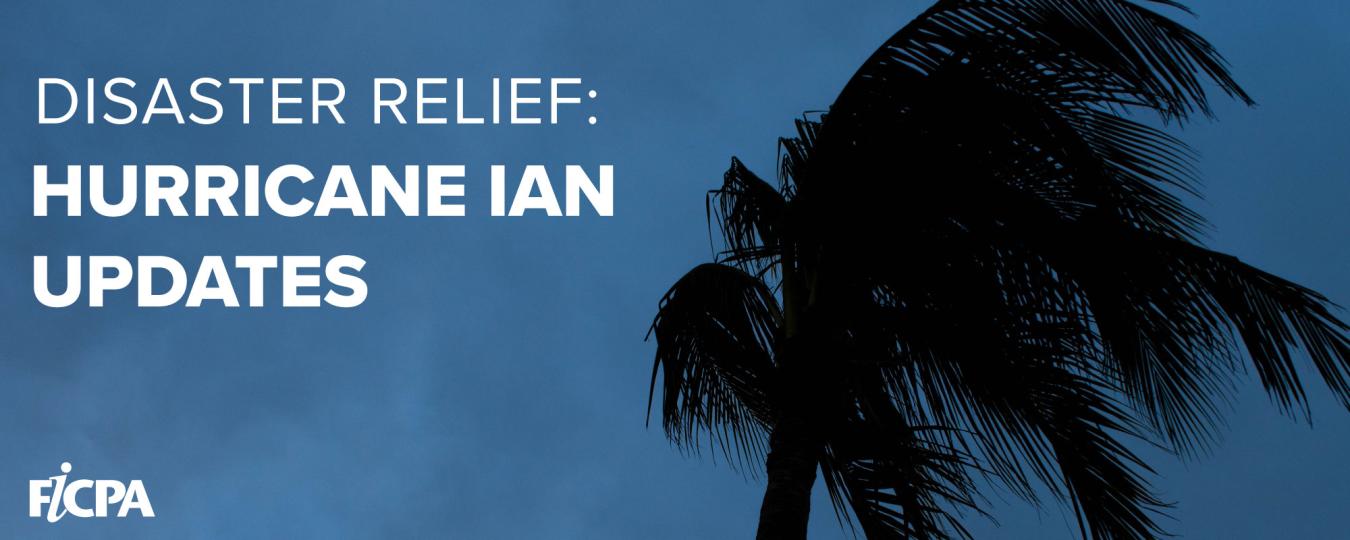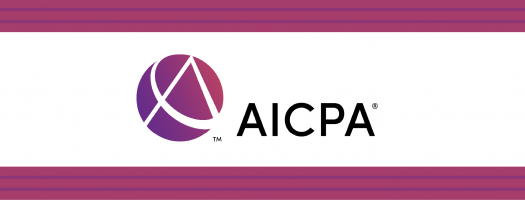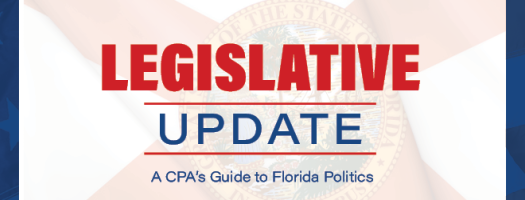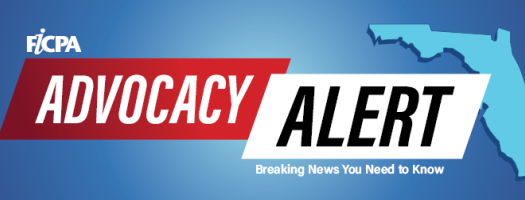
Hurricane Ian caused unprecedented flooding and damage not seen in a long time by residents of Florida.
Individuals and businesses want to help those affected by this disaster and may not realize there are “Qualified Disaster Payments” that allow disaster victims not to include as income some assistance payments they receive.
The Victims of Terrorism Tax Relief Act of 2001 added Section 139 to the Internal Revenue Code, excluding from income qualified disaster relief payments to individuals. The various components of Section 139 are listed below.
Section 139(a) provides gross income does not include amounts received by an individual for a qualified disaster payment.
Section 139(b) defines “qualified disaster payments” as amounts paid for the benefit of an individual to:
- Reimburse or pay reasonable and necessary personal, family, living, or funeral expenses incurred as a result of a disaster
- Reimburse or pay reasonable and necessary expenses to repair or rehabilitate a personal residence or repair or replacement of contents to the extent that the need for such is due to a disaster
- Payments by a Federal, State, or local government in connection with a qualified disaster in order to promote the general welfare.
Section 139 (c) defines the term “qualified disaster” as:
- A disaster resulting from terrorist or military action
- A Federally declared disaster
- A disaster resulting from any event the Secretary determines to be of a catastrophic nature
- A disaster determined by applicable Federal, State, or local authority that warrants assistance from Federal, State, or local authority governmental agencies.
Revenue Ruling 2003-12 offers guidance indicating individuals who are disaster victims will generally not to have to pay income tax on assistance payments they receive. The revenue ruling provides taxpayers in a Federally declared disaster area who receive grants from state programs, charitable organizations or employers to cover medical, transportation, or temporary housing expenses do not include these grants in their income.
Prior to the issuance of this 2003 revenue ruling, there was only a 1953 revenue ruling on this subject (Rev.Rul. 131, 1953-2 C.B. 112). This revenue ruling concluded that payments made by an employer to employees who were victims of a disaster do not come “within the concept of gross income.”
It is important to note the following terms in interpreting the relief available to disaster victims:
- Qualified disaster payments
- Reasonable and necessary personal, family, living, or funeral expenses
- Reasonable and necessary expenses for repairing a personal residence or contents
- Other disaster payments for a Federal, State, or local authority (FEMA payments).
This is a means of assisting disaster victims, not a blank check for unlimited spending without tax consequences.
This 2003 revenue ruling and the applicable sections of Code Section 139 provide a means for employers to be able to assist their employees in restoring normality in their lives and also provide assurance to disaster victims there will not be income tax consequences on the qualified disaster payments they receive.


